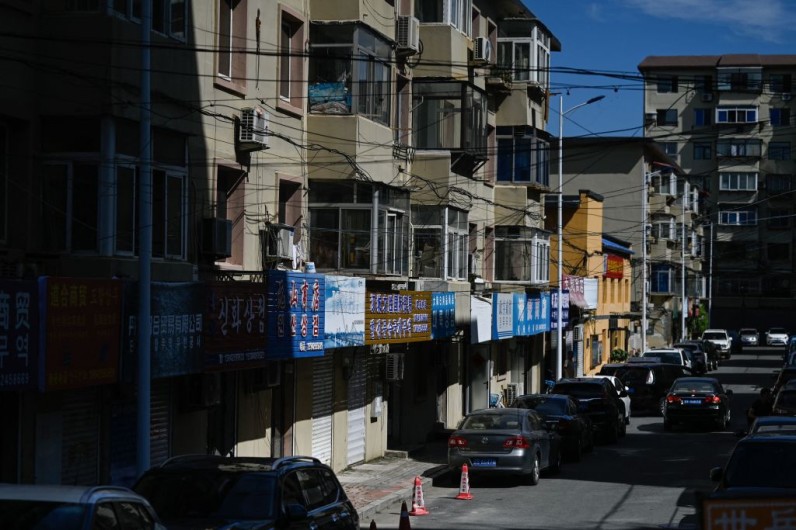
On Friday, May 17, CNBC reported that the Chinese government announced a set of actions designed to support and stabilize the country's struggling real estate market. These actions include allocating 300 billion yuan (equivalent to $42.25 billion) to financial institutions.
The money will now be used to help local state-owned enterprises (SOEs) buy unsold apartments. This initiative, led by the People's Bank of China (PBOC), is a major step by the Chinese government to address the large and troubled real estate sector.
In detail, the central bank's move includes removing the floor on mortgage interest rates and lowering the minimum down payment ratio for first- and second-time home buyers. These measures are intended to provide liquidity to developers, enabling them to complete unfinished projects and offer more affordable housing.
Deputy Governor Tao Ling of the PBOC stated that the initiative is expected to generate 500 billion yuan in financing, facilitating the transformation of unsold apartments into affordable housing. This, in turn, would allow real estate companies to use the proceeds to finish other construction projects.
READ NEXT : China Plans to Acquire Apartments, Relax Mortgage Rules in Response to Weakening Real Estate Market
China's Housing Crisis
The measures come as China's housing market faces challenges, including falling home prices and an oversupply of new apartments, as reported by VCPost.
While the government's actions to intervene in the real estate market are viewed as beneficial, analysts such as Zhu Ning from Tsinghua University raise concerns.
Zhu points out that the financial resources available at the local level are limited, implying that they may not be sufficient to fully address the challenges facing the real estate sector. There is also the risk of rent-seeking behavior, which refers to individuals or entities seeking to increase their wealth without creating corresponding value.
Zhu emphasizes that unless there is an increase in demand for housing, current high prices will continue to pose affordability challenges for many potential buyers.







Join the Conversation